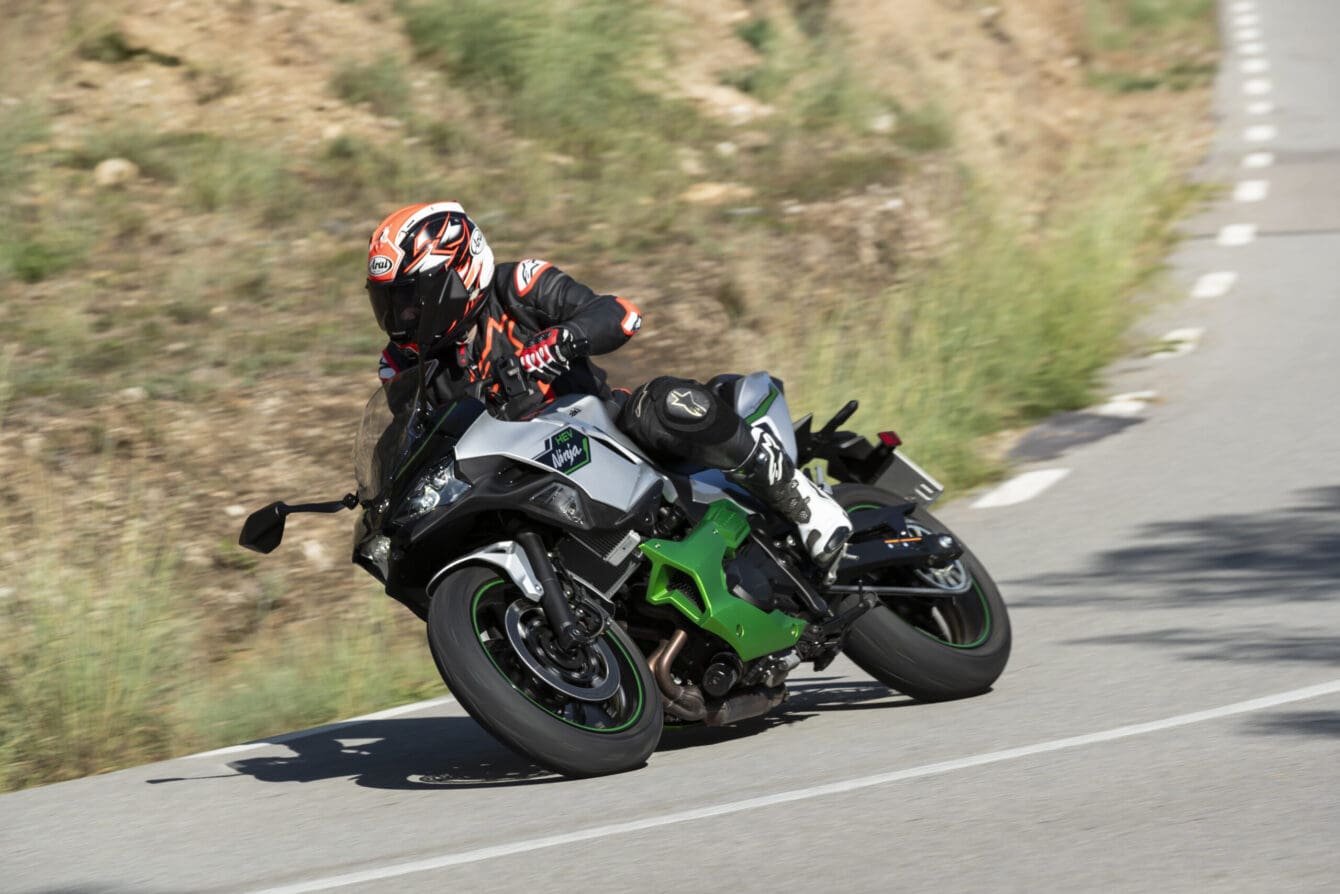electricity production is largely ignored.
we need incredible public transport that doesn't use batteries. trains and buses can be electric without battery's. think toronto street cars. no battery req'd.
oh great clean electricity. is it really? the pollution, radioactive waste, and environmental damages (dams etc) are ignored by both industry and government. How dare they call battery powered vehicles zero emission? did the clean fairy make the electricity to charge your batteries? No. The pollution is only being shifted from transportation to outlying areas where the electricity is produced. zero emission my azss.
how can they omit the environmental damage caused by mining minerals for the batteries? the amount of energy that goes into mining is huge. machinery burns massive amounts of diesel, gas and electricity. never mind the ore mills pollution...zero emission my azss.
the environmental damage is huge - and the cost to clean up mining sites afterwards is never considered. and often ignored. that suits industry and its owned governments very well; as politicians brag about clean this, zero this and all that really matters is their public image. we're so special...
and the following is how industry and government want it to sound _
The federal government and the City of Toronto are jointly funding the purchase of 340 zero emission transit buses for the city.
Deputy Prime Minister Chrystia Freeland says Ottawa will spend $349 million to help electrify the city's fleet of transit buses.
In addition to purchasing the buses, Freeland says the funding will also help buy 248 chargers and support upgrades to related infrastructure in bus garages.
The City of Toronto is contributing $351 million to the project.
The funding comes as the Toronto Transit Commission works toward electrifying its operations by 2040.
The federal contribution comes through the Zero Emission Transit Fund announced in 2021, which Ottawa has said will provide $2.75 billion over five years to help public transit and school bus operators electrify their fleets.
money money money money money money money money money

 www.fastbikesmag.com
www.fastbikesmag.com

 www.fastbikesmag.com
www.fastbikesmag.com















